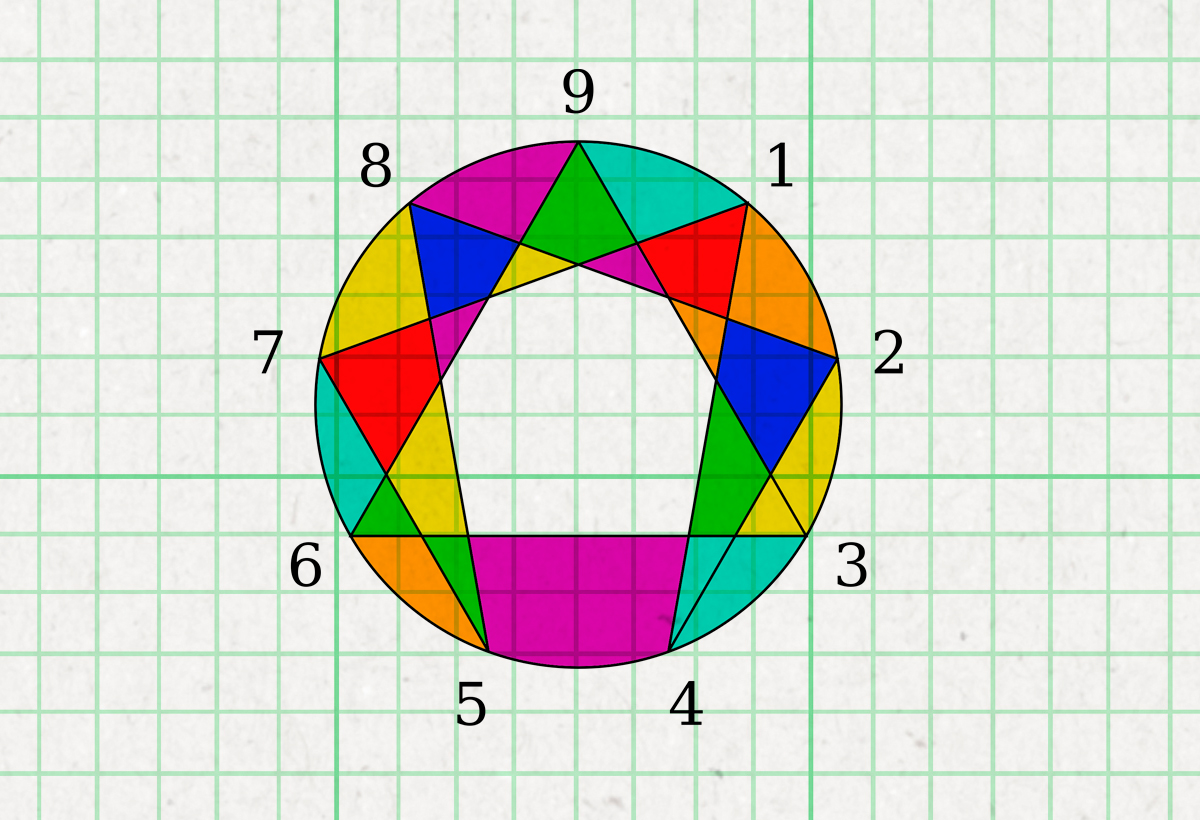
In the past few decades, personality assessments have become increasingly popular. Companies are spending big money on them. Churches, too, are using them for team building and to help staff increase personal awareness. In fact, ask most people of a certain age and they will tell you they have heard of or taken one of more of these tests (DISC or Myers-Briggs are two of the more popular ones).
In spite of their popularity—or maybe because of it—the question is: for Christians, are these tests helpful, or a distraction?
Joseph and Stuart were business partners. Stuart was great at sales and Joseph handled all the systems to keep up with the data: the clients, income, expenses, and profit. The two of them worked well together for the first five years and business was booming.
But something started to change. Whereas they used to always have each other’s back, over time the relationship began to crumble. Little resentments and frustrations became more and more pronounced. Joseph would get frustrated with Stuart because he didn’t appreciate all the hard work Joseph was doing in the office. Stuart began to get frustrated with Joseph because he never seemed very excited when Stuart landed a new client. Stuart was loud and funny, and the life of the party, while Joseph was more reserved and would often go unnoticed. Resentment grew. Several years later, Joseph tried to push Stuart out of the business and they eventually wound up in a lawsuit.
Do you see what was happening? Joseph and Stuart have different strengths that add value to the business and make it successful. But the problem comes when each person over-values their own strengths and under-values the other person’s strengths. Then they start to see the other person’s strengths as weaknesses. This leads to uncharitable attitudes, which lead to broken relationships.
What personality assessments seek to do is to make an individual aware of their own strengths and weaknesses and also the strengths and weaknesses of others so that they can work better together. Understanding leads to harmony, while misunderstanding leads to hurtful and potentially destructive conflict.
Most personality assessments are essentially measuring similar things. For example:
Are you an introvert or extrovert?
Do you prefer accomplishing tasks with people or being with people to accomplish a task?
How do you relate to others in groups and one on one?
How quickly do you make decision?
Are you a very structured person?
How are you motivated?
What is your style of conflict?
What kinds of things are you interested in?
How do you relax and recharge?
These assessments can be used wisely by Christians to understand themselves and others better. After all, our personality and emotional makeup are part of the unique and wonderful way that we have been created by God. As such, much of our personality and emotional makeup is present from birth, but they can also be shaped as we grow up. The Bible celebrates personality by painting pictures of very unique individuals. Consider the apostle Peter. Whenever Jesus asks a question, Peter is often the one who speaks up. He’s the first disciple to blurt out that Jesus is the Christ (Matthew 16 v 13-20). He’s the only disciple who initially refuses to let Jesus wash his feet (John 13 v 6-9). In the Garden of Gethsemane, he’s adamant that he will lay down his life for Jesus—but it turns out he’s all talk (v 31-38). Through all his faults and failings, we get the distinct impression from the Gospel accounts that Peter is an expressive, outgoing guy!
Joseph and Stuart are very different. Joseph is an introvert and needs time to focus so that he can get his work done. Stuart, on the other hand, is an extrovert and is drawn to people. These differences made their business successful. Stuart left the office and spent time with people selling the product, while Joseph stayed in the office and kept up with the details. Joseph and Stuart are stronger and weaker at different things, but there is nothing inherently sinful in the way that they get things done.
However, at some point Joseph and Stuart started being critical of each other’s weaknesses, and feeling like their strengths weren’t being appreciated by the other. Their differences led to misunderstanding, which led to uncharitable perceptions and attitudes, and in turn led to sinful pride, criticism and defensiveness. Had Joseph and Stuart known how their differences were a good thing, they could have avoided the conflict.
Now, if Joseph and Stuart were going to continue to work together, they would need to admit and confess their sinful attitudes and actions towards each other and forgive one another. But they would also need to understand their different personalities, strengths and ways of getting things done in order to move forward.
The truth is that sometimes we are too quick to go on a sin hunt in another person’s life when what we are dealing with are simple but important differences. We’ve all been uniquely wired by God. Understanding our own and other people's personalities will help us to remain humble and grateful for one another.
In his new book, Unstuck, Tim Lane takes you on a nine step journey towards lasting change. Buy the book here.